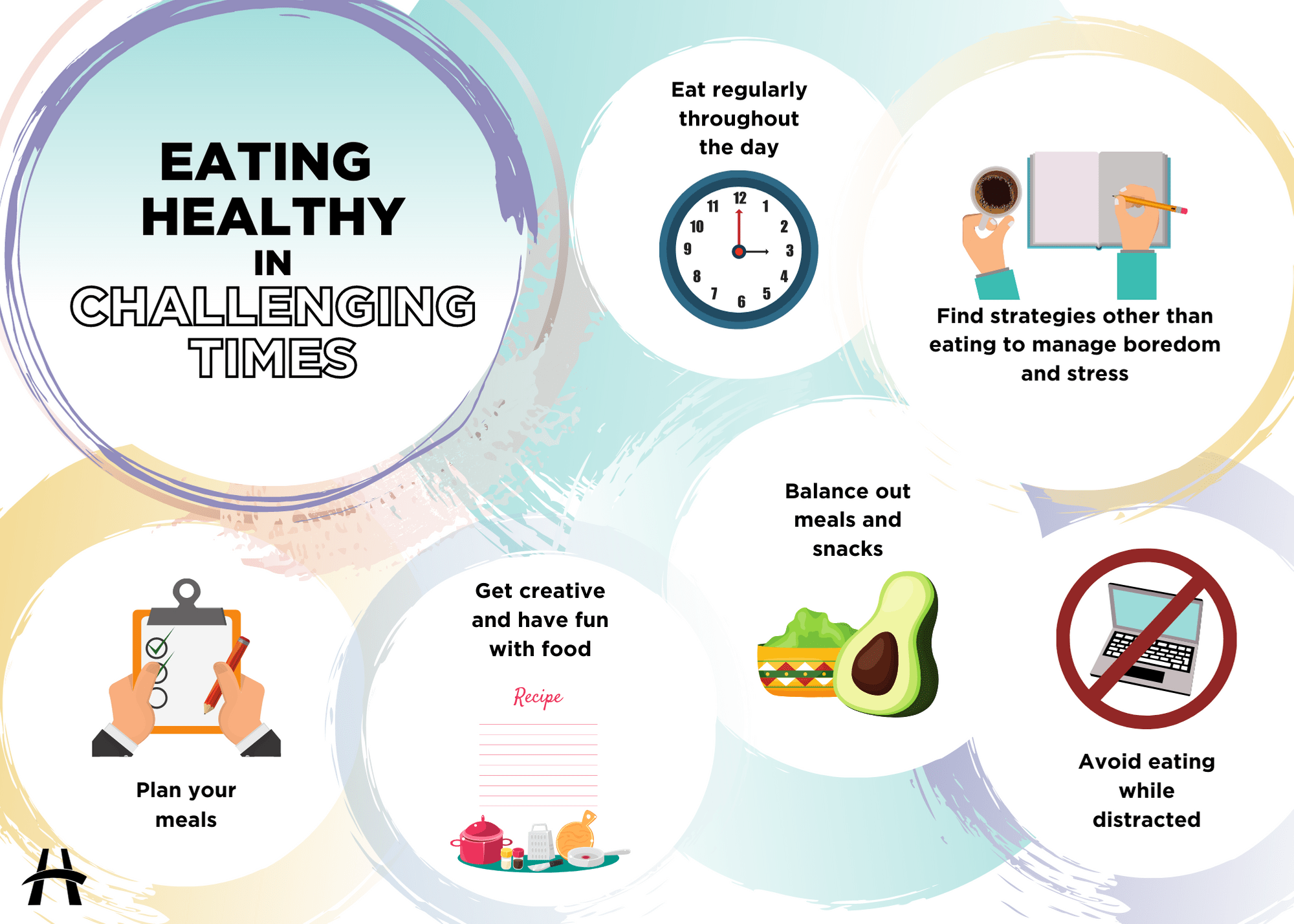
Introducing a registered dietitian
March is Nutrition Month and March 17 is Registered Dietitians Day in Canada.
We spoke with Helena Pelletier, who’s been a registered dietitian in the medicine unit at Hamilton Health Sciences’ McMaster Children’s Hospital (MCH) for 21 years.
Tell us a little bit about yourself and what a registered dietitian at MCH does.
I have always truly enjoyed working here. I work especially closely with occupational therapists, social workers, nurses, nurse practitioners, physicians and learners. I have always felt like a valued member of the team, which is rewarding. The registered dietitians at MCH are a great group. We collaborate together, participate in numerous committees and promote the importance of nutrition as part of a child’s care.
As registered dietitians, we become involved with patients when there are nutrition concerns. Our work includes completing nutrition assessments, developing and implementing nutrition care plans, providing education to patients and their parents as needed, and providing therapeutic diets as needed. We also assist with discharge planning to ensure continuity of care if needed when a child goes home.
What’s been your motivation for working at MCH for the past 20-plus years?
I’ve learned so much from my patients and their parents. It’s rewarding to work with families who are motivated and to see things change in a positive way. Their children start eating better, growing, and viewing food and themselves in a different way. It’s also very rewarding to work with my MCH team members, who share the common goal of having a child discharged in better shape than when they first started.
What is some advice you can offer families during Nutrition Month?

Pelletier advises parents to introduce different foods to their children to help them become adventurous eaters.
This year’s theme for Nutrition Month focuses on the idea that healthy eating looks different for everyone.
As children grow up they should be encouraged to be adventurous eaters. They may not enjoy every food and texture, especially the first time, and that’s alright, but introducing new foods opens up their minds and their taste buds. Hopefully, when they become adults, it will just carry on. If you try different things, you can continue to enjoy them for the rest of your life.
When I travel, I like going to local grocery stores to see what babies’ first foods are in different countries. What children in other cultures eat – starting from infancy –always interests me. I have learned so much more about this from the culturally diverse population of patients I see here at MCH. It helps me in providing advice and suggestions while respecting individual cultures and traditions.
Can you tell us about some rewarding patient cases – patients who needed convincing to try new things and how it worked out?
In general, I find it very rewarding when an infant or child is admitted with growth failure and we work together as a team to uncover the reasons and establish a plan that results in better growth and nutritional status. Sometimes they have learn how to eat safely, or enjoy feeding/eating at all. Most of us don’t think about learning how to eat, or enjoying it but for some infants and children it is necessary.
We have a whole bunch of different things we can try, different ideas. Sometimes the first idea doesn’t work, and families get discouraged, and you say, `You know what? I have a lot of ideas, let’s keep trying.’
It’s a very basic instinct to want to feed your child and it is very upsetting for parents when their child doesn’t want to eat. Helping a patient, and therefore their parents, is rewarding.



